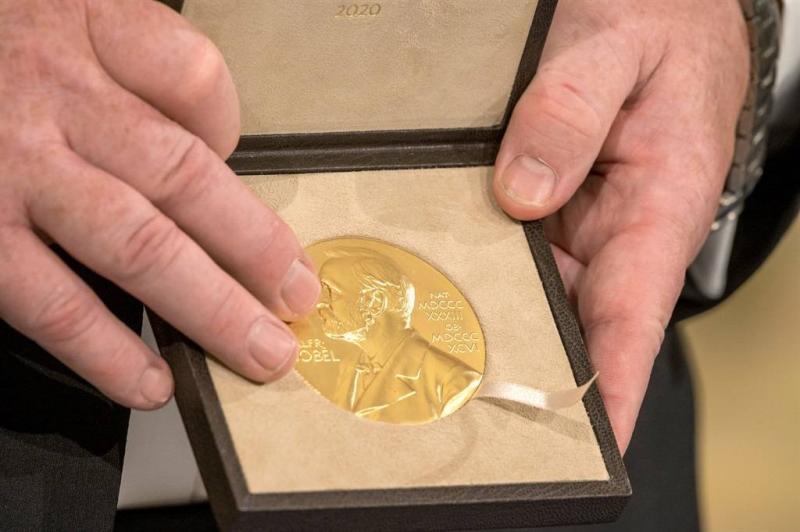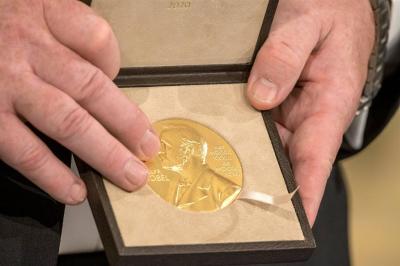The Swedish Academy announced today in Stockholm that Pierre Agostini, Ferenc Krausz, and Anne L'Huillier have won the 2023 Nobel Prize in Physics. The announcement was made on the second day of the global Nobel Prize season. The scientists received the award for "experimental methods that generate attosecond pulses of light for the study of electron dynamics in matter." This year's prize was increased to 11 million Swedish kronor (approximately one million dollars) by the Royal Swedish Academy of Sciences.
Eva Olsson, a member of the Nobel Prize selection committee, stated, "The ability to generate attosecond pulses of light has opened up an incredibly tiny time scale and has opened the door to the world of electrons." She added that it was previously believed that changes occurring in electrons could not be observed, but the use of light pulses occurring in attoseconds proved otherwise. The Academy noted that this invention heralds advancements in areas such as the discovery of new laboratory diagnostic techniques to detect distinctive molecular signatures of diseases in blood samples.
Krausz, who was born in Hungary, told Reuters at the Max Planck Institute in Germany, "It’s like trying to take a picture of a Formula 1 racing car with a high-speed camera, for example, as it goes towards the finish line. You need a camera to capture sharp images and reconstruct the motion." He continued, "This is exactly the concept we use to capture the fastest movements that occur in nature outside the nucleus of the atom, which is the movement of electrons."
L'Huillier, who learned about her award while giving a lecture, said, "It's truly a prestigious award, and I am very happy to receive it. It’s unbelievable." She is the fifth woman to win the Nobel Prize in Physics, is originally from France, and works at Lund University in Sweden. Agostini, also born in France, is an honorary professor at Ohio State University in the United States. The two French laureates received congratulations from President Emmanuel Macron, who said on social media, "What a pride for our nation!"
Inside the atom, L'Huillier discovered a new effect from the interaction of laser light with gas atoms in experiments that began in the 1980s. Agostini and Krausz then discovered how to use that to create light pulses shorter than previously possible. While Krausz and his colleagues in Austria worked on technology to pinpoint a single pulse, Agostini and his group in France succeeded in producing and studying a series of consecutive light pulses. Together, the experiments demonstrated that attosecond pulses can be observed and measured and can be used in new experiments.
Krausz said he has not yet grasped the reality of winning the award. He added, "I didn't expect it and I still don't believe it." The Swedish Academy has yet to contact Agostini to inform him of his win as he is currently in Paris. He told Reuters, "I can't believe it... I heard the news for the first time when my daughter called me."
This is the second award to be announced this week after Hungarian scientist Katalin Karikó and her American colleague Drew Weissman won the Nobel Prize in Medicine for their discoveries that helped develop effective mRNA vaccines against the coronavirus. Nobel Prizes in sciences, literature, and peace have been awarded since 1901 based on the will of dynamite inventor and businessman Alfred Nobel.




